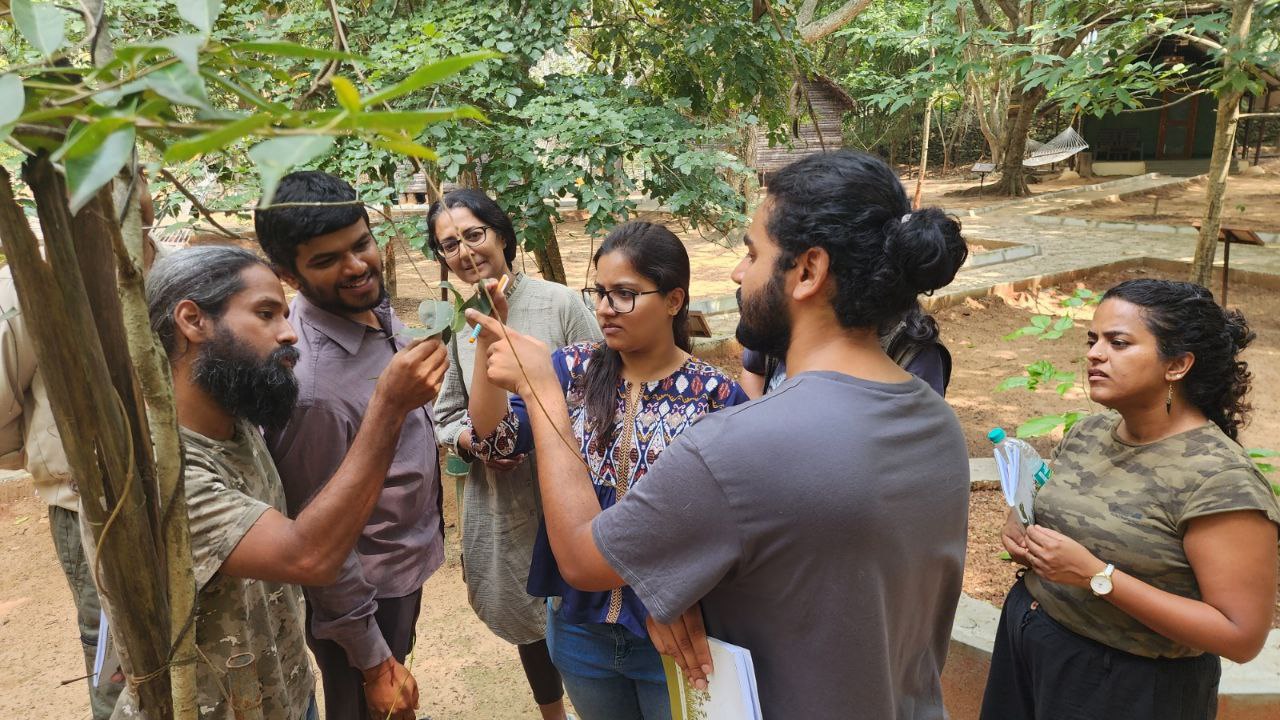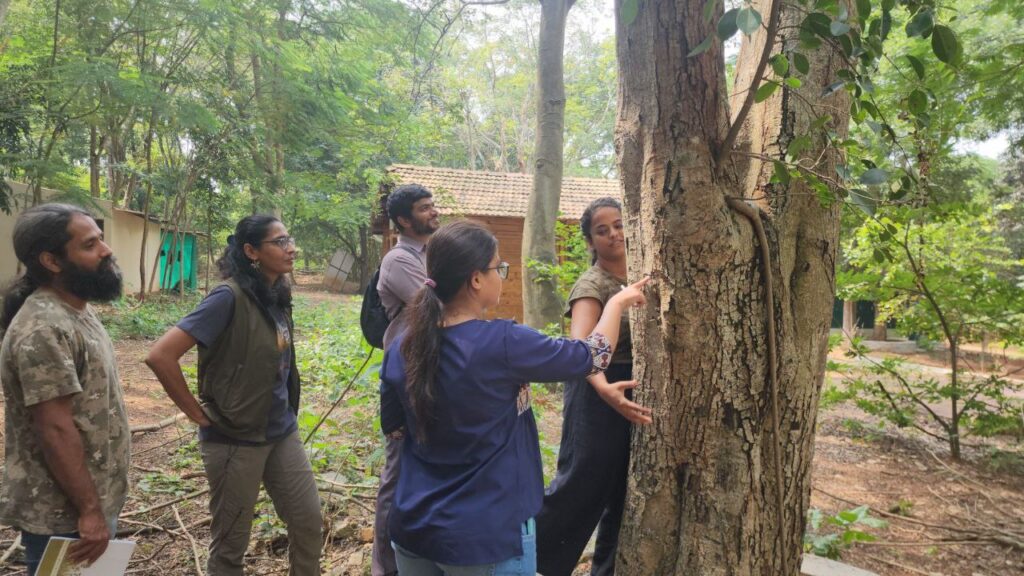
A Charter For Citizen Science And Multilateral Environment Agreements.
Citizen science has long been an integral part of environmental stewardship across Asia and India, where communities, researchers and nature enthusiasts work together to monitor biodiversity, track air and water quality and respond to local environmental issues. However, despite its immense potential, citizen science remains largely underutilized in shaping formal environmental policy and international agreements in the region.
A new Charter for Citizen Science and Multilateral Environmental Agreements, spearheaded by the Citizen Science Global Partnership (CSGP), offers a framework to change this narrative. It calls on governments, including those in Asia and India, to formally recognize citizen science as a vital contributor to environmental monitoring and decision-making.
For countries in Asia, where vast populations rely on natural resources and where environmental issues are often complex and locally specific, integrating citizen science into national policies and international commitments can be transformative. In India, grassroots initiatives have already demonstrated the power of collective data – think of local biodiversity mapping, river health assessments, or pollution tracking in cities like Delhi and Mumbai. But for these efforts to scale up and influence policy, formal recognition and protection of citizen scientists is essential, as highlighted in the Charter.

The Charter also emphasizes capacity building and data-sharing mechanisms, both critical for Asia’s diverse environmental contexts. Investing in training for citizen scientists, creating open data platforms and supporting standardized data collection will help ensure that citizen-generated insights are robust, reliable and aligned with multilateral environmental agreements like the Kunming-Montreal Biodiversity Framework.
Moreover, the Charter advocates for collaborative research – a model that resonates with Asia’s rich tradition of community-based environmental stewardship. By fostering partnerships between citizen scientists, researchers and policymakers, India and its Asian neighbors can harness collective wisdom to address the region’s most pressing environmental challenges, from biodiversity loss in the Himalayas to water scarcity in South Asia.
As India and other Asian nations prepare to meet their commitments under global environmental agreements, this Charter is a timely reminder: the best solutions often come from the ground up. Integrating citizen science is not just a policy imperative – it’s a pathway to a more inclusive, effective and just environmental future.At The Naturalist School, we support the adoption of the Charter for Citizen Science and Multilateral Environmental Agreements. Our team will be advocating for the Charter’s principles at the United Nations Environment Assembly (UNEA-7) as delegates from India, working to ensure that citizen voices and data continue to shape the global environmental agenda.

No Comments